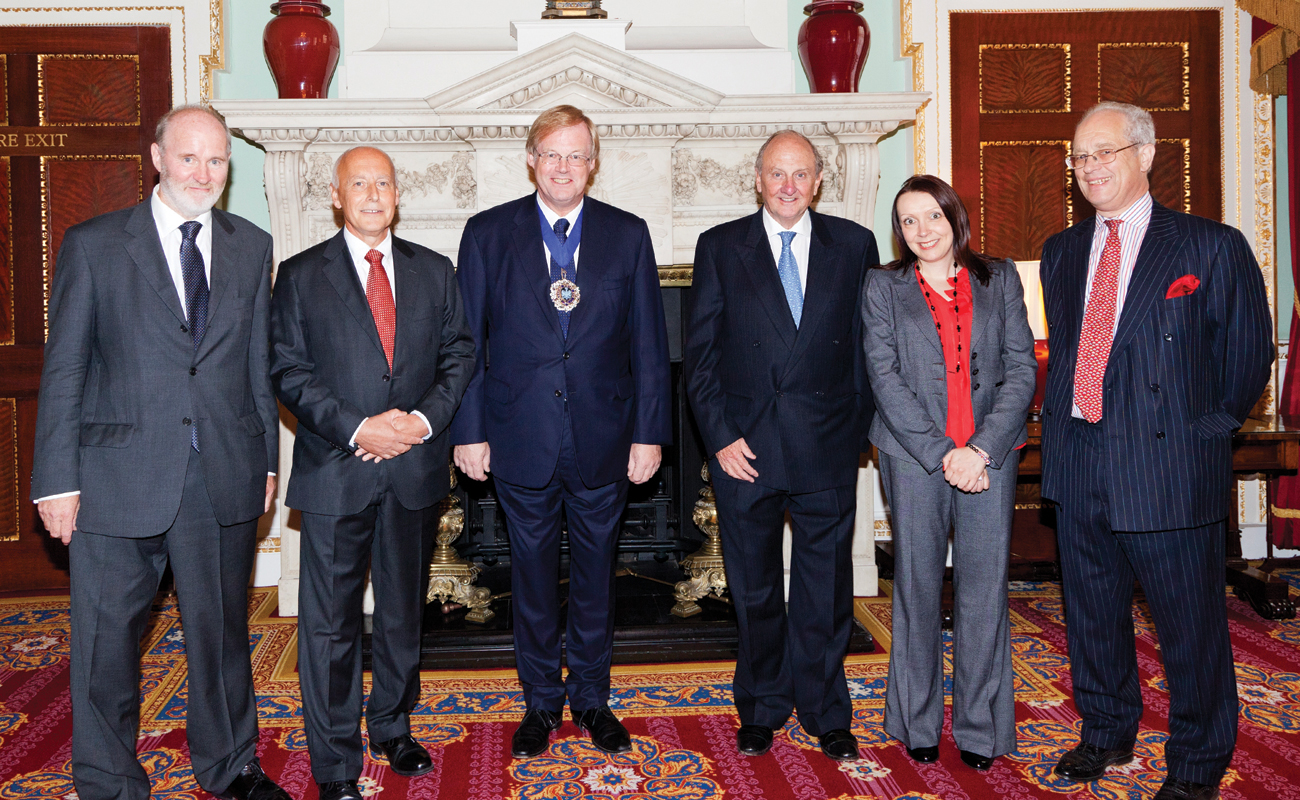The British Exporters Association (BExA) has called for the country’s export credit agency UK Export Finance (UKEF) to improve its capabilities to meet exporters’ needs, and has made a series of recommendations to the ECA. Shannon Manders reports.
BExA’s latest publication, entitled UK Export Finance: A key role in the National Export Challenge was launched at the end of September. The document incorporates BExA’s third benchmarking analysis of UKEF against other ECAs, and reflects upon differences in the range and quality of support.
BExA describes UKEF’s 20% drop in insured turnover (to £2.31bn of exports) in the year to March 2012 as “disappointing”, noting that in the same period, European ECAs showed average increases of 17%, while the US Export-Import Bank (US Exim) rose by 34%.
“We recognise that UKEF’s activities are demand-led, and accordingly the contraction in overseas markets will have had an impact on UKEF activity. However, BExA believes that the decline in volume shows the importance of raising awareness of UKEF amongst the UK’s exporting community,” says the report.
With UKEF’s business volumes not yet rising, and support running at only 0.7% of UK exports, BExA contends that the ECA must improve its products and services, as well as the resources needed to do so, to meet exporters’ needs.
“UKEF provided strong support for aerospace, but there was a marked fall in its industrial business,” the report adds.
Among the nine recommendations put forward to the ECA are the need for an increased awareness of UKEF by small and medium-sized enterprises (SMEs); liquidity support; and the implementation of strategies for succession planning and resourcing.
In its report, BExA does however welcome the “significant progress” that UKEF has made in the last year, including the introduction of short-term products and its re-engagement with SMEs in 2011, as well as the announcement of its intention to provide liquidity support for medium and long-term credits in July 2012.
“Support needs to be provided, to the maximum extent that it is allowed under the international framework, in a clear and practical way, both for short-term trade and medium and long-term credits supporting capital goods and services. This must be a medium-term strategy; it needs to outlive the current parliament,” says BExA’s chairman, Jon Coleman.
Patrick Crawford, chief executive of UK Export Finance, tells GTR that he welcomes the recognition by BExA of the new short-term products introduced by UK Export Finance and the steps it is taking towards a solution for medium and long-term liquidity. “We will continue to engage with BExA on the recommendations they make in their report,” he adds.







